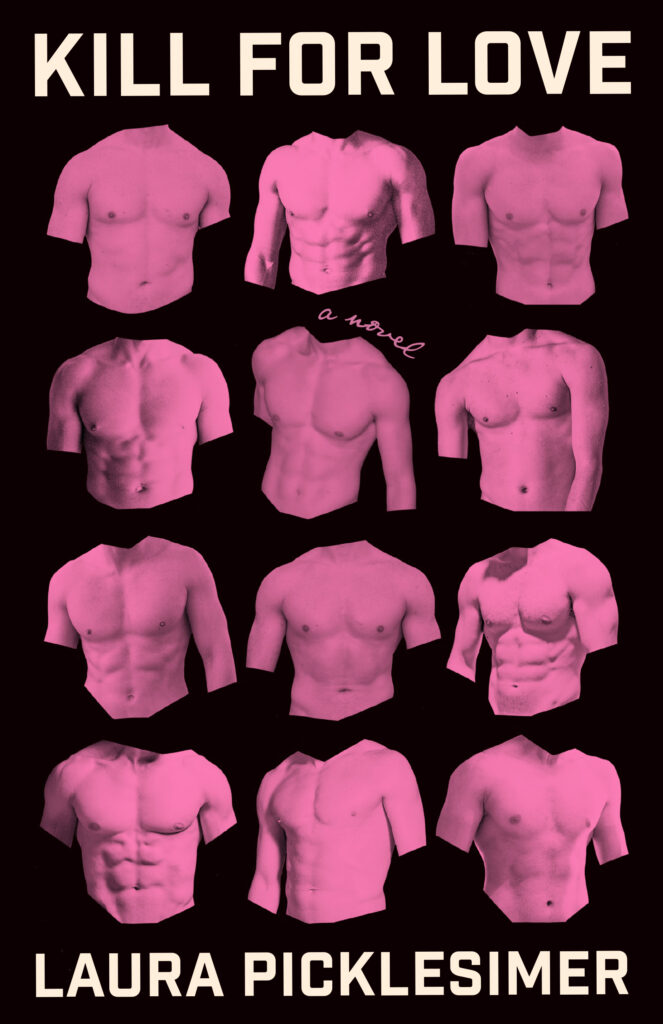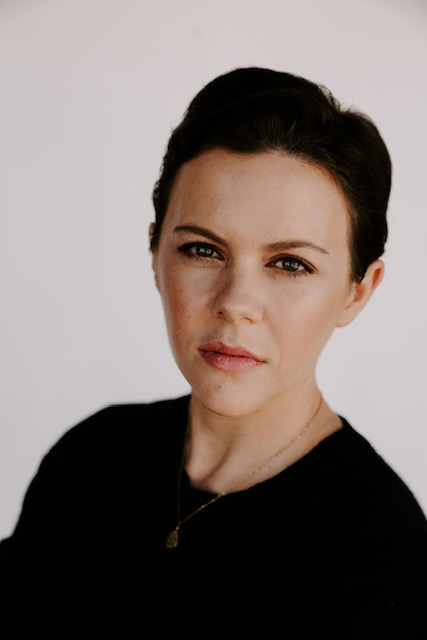Kill for Love is the first book I have ever read where I had to put it down, walk away to take a breather, and then come back because of how anxious and stressed I was while reading it. This book feels like American Psycho meets Legally Blonde – Tiffany, a sadistic sorority girl with a privileged background, quickly develops an insatiable desire to kill pretty boys. At night she goes out on these killing sprees while trying to establish a romantic relationship with a well-to-do former East Coast sorority boy. These two worlds eventually collide in the bloodiest, most brutal way possible. My feelings on this book are conflicted because while I binged this book over the course of a weekend I was also stressed the entire time, but in the best way possible. Also, some sick, twisted part of me had sympathy for Tiffany, and that made me begin to question myself. If you are looking for an addictive, fast-paced slasher with feminist undertones, this is for you.
Below is a conversation I was able to have with Laura about Kill for Love.

How would you describe Kill for Love, and what inspired you to write this book?
Kill for Love is a twisted satire about a sorority member named Tiffany, who goes on a murderous rampage through frat row and larger Los Angeles. The book developed first as a character sketch in a writing workshop. The character of Tiffany was so compelling and strange that she stayed with me, and I soon found myself adding to her story.
Tiffany explains that her kills are justified because some of these males were asking for it – whether it be because they had a bat next to their door, because of their looks or actions, or for the simple fact that they existed. How does flipping the narrative from “she was asking for it” to “he was asking for it” help expose the misogyny in that line of reasoning?
Tiffany’s views on her victims and the abhorrent rationalizations she makes about the boys she encounters deserving their deaths – when it’s really her out-of-control violence that fuels her murder (at least most of the time) – sound ridiculous because this reasoning is usually never applied to male victims. I hope that flipping this narrative leads readers to interrogate the harmful lines of thought that perpetuate victim blaming and serve to remove culpability from violent offenders.
Tiffany comes from an extremely wealthy, yet dysfunctional family. How can privilege and power distort one’s worldview like we see with Tiffany?
Tiffany’s life is one of extreme privilege: it’s a main factor behind how she got into her university, how she can continue to stay in college despite never attending class, and how she is able to skirt around some of the sorority’s rigid rules. Her entitlement is one of the reasons she thinks she can get away with murder – and for the most part in the story, she can. At the same time, she remains vulnerable to a misogynistic and at times violent college system. This was an interesting duality to explore in the novel.
Even though Tiffany is dark and sadistic, there are moments throughout the book that make you feel sympathy toward her. Why do you think that is, and should people feel sympathy toward a character as diabolical as Tiffany?
It’s hard to write a character so intimately in first person and not feel some level of closeness to them. Although I certainly wouldn’t call Tiffany the hero of the story, she is the protagonist, and I think the book shows some of the ways society transformed her into what she is, from her eating disorder at the beginning of the story, to the pressures she feels in the sorority and the toxic habits she witnessed in her own wealthy household. Her brutal honesty and growing refusal to play by society’s norms and standards are the aspects where I felt the closest thing to admiration for Tiffany, as horrible a person as she is.
Will Tiffany’s story continue, or have we seen the last of our serial killer sorority sister?
Although Kill for Love ends with a definitive bang, I do have a sequel in mind for Tiffany. I’d like to see where she goes after college and beyond the sorority. I also would be curious to follow a couple of other characters from the book.


